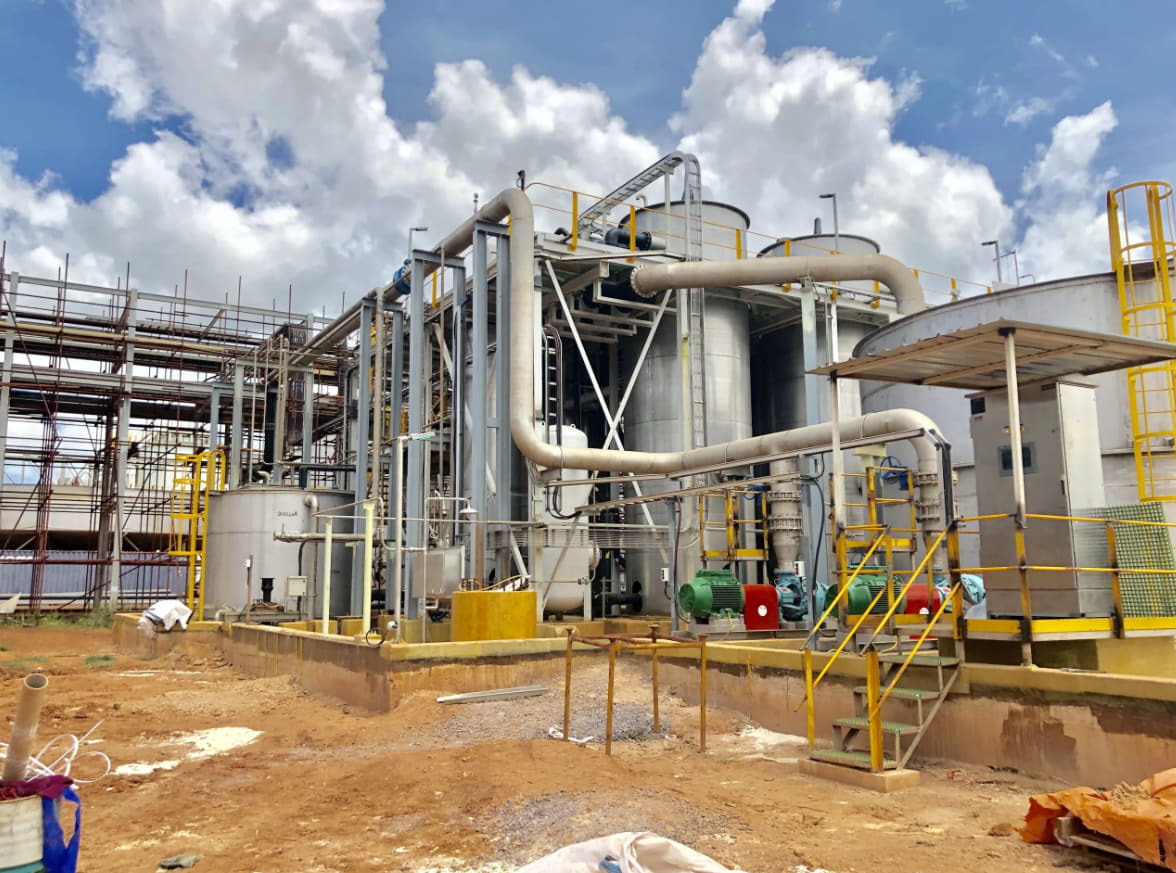Nowadays, ion exchange plants play a pivotal role in water treatment. It ensures the purity and safety of water for various industrial, commercial, and residential applications.
Through a process of exchanging ions, these plants remove impurities and contaminants. This makes water suitable for consumption, manufacturing processes, and environmental preservation.
What are Ion Exchange Plants?
Ion exchange is a chemical process where ions in a solution are exchanged for ions of a similar charge in another medium. Ion exchange plants are arranged by filtration equipment suppliers that typically consist of resin beds where the ion exchange occurs.
The resin beads, often made of polystyrene, are coated with functional groups that attract specific ions. As water passes through these beds, ions such as calcium, magnesium, and heavy metals are removed & replaced with less harmful ions, typically sodium.
Key Components of Ion Exchange Plants:
Following are some key components of ion exchange plants that people should understand before working with them –
-
Resin Beds:
At the heart of an ion exchange plant, the resin bed comprises tiny beds packed tightly together.
These beds facilitate the exchange of ions in the water passing through.
-
Regeneration System:
Over time, the resin bed becomes saturated with unwanted ions, reducing its effectiveness.
The regeneration system rejuvenated the resin bed by flushing it with a concentrated solution that displaced the trapped ions.
-
Control Panel:
Ion exchange plants are typically automated and controlled via a central panel.
This panel monitors flow rates, resin saturation levels, & other crucial parameters to ensure optimal performance.
Applications of Ion Exchange Plants:
Below is a list of effective applications that ion exchange plants supplied by filtration equipment suppliers provide to industries –
-
Water Softening:
Ion exchange plants are commonly used to soften hard water, which contains high levels of calcium and magnesium ions.
-
Industrial Processes:
Many industries rely on ion exchange plants to purify water for use in manufacturing processes.
From pharmaceuticals to food and beverage production, the quality of water is paramount for product quality and safety.
-
Wastewater Treatment:
Ion exchange plants play a crucial role in treating wastewater and removing pollutants, and contaminants before discharge into the environment.
This helps in maintaining water quality and preserving ecosystems.
Conclusion
The presence of ion exchange plants plays a vital role in ensuring the purity and safety of water for diverse applications.
As the demand for clean water continues to grow, the importance of ion exchange plants in water treatment cannot be overstated.

